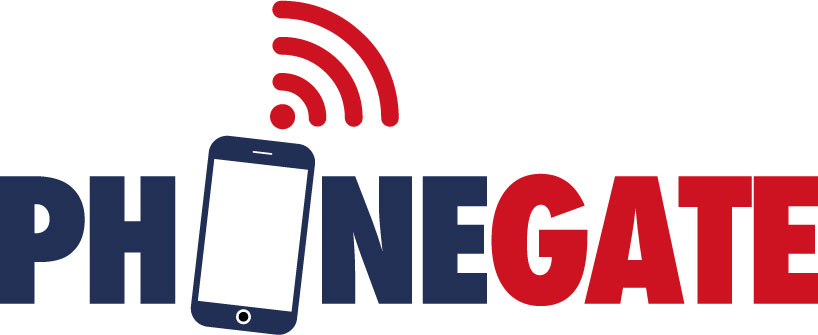First recall of a cell phone in Canada for exceeding the SAR regulatory health protection level.
The Canadian government has just banned the distribution of the Alcatel U 50 cell phone for exceeding its regulatory SAR thresholds. This was confirmed to the MobileSyrup website by a spokesperson for the government agency Innovation, Science and Economic Development (ISED ), which controls the marketing of radio devices in Canada.
In France, withdrawal of the Hapi 30 from the Orange operator
After the withdrawal in France of nearly 100,000 Hapi 30 (MOBIWIRE) cell phones in April 2018 marketed by the operator Orange and the NEFFOS X1 TP902 imported by the company TP-Link At the end of May 2018, it was the first international compliance reminder to three Canadian phone operators, Bell, Telus and Freedom Mobile.
The Alcatel U 50 is not, to our knowledge, marketed in France, so it is not part of the 31 cell phones tested by the National Frequency Agency. But as a reminder, the ANFR had requested the update of three phones including the AlcatelPIXI 4-6”.
Alcatel PIXI 4-6(Manufacturer: TCL)
| Initial value | Value after update | |
| System version | 01001 | 01005 |
| Measured “trunk” SAR | 2.04 W/kg | 1.58 W/kg |
The basic FCC standards of Canadian regulation
The regulations applicable in Canada are based on the standards of the Federal Communications Commission (FCC), established in 1998, and are more protective than the European standards resulting from the recommendations of the International Commission on Radiological Protection (ICNIRP). Indeed, the thresholds of SAR “head” and “trunk” are 1.6 W/kg in the USA for 2 W/kg in Europe. Moreover, testing on 1gr of fabric instead of 10gr reduces the exposure level for the user by 2 to 3 times.

As Dr. Arazi, president of Phonegate Alert, announced in April 2018 to journalist Jean-Jacques Bourdin,
“Hundreds of millions of cell phones will have to be withdrawn from the world market and to add on the occasion of this first withdrawal in Canada. We are pleased to see that the work we are doing internationally with our partners(Environmental Health Trust) is bearing fruit across the Atlantic and that the safety and health of users is slowly becoming a priority for government authorities.”





